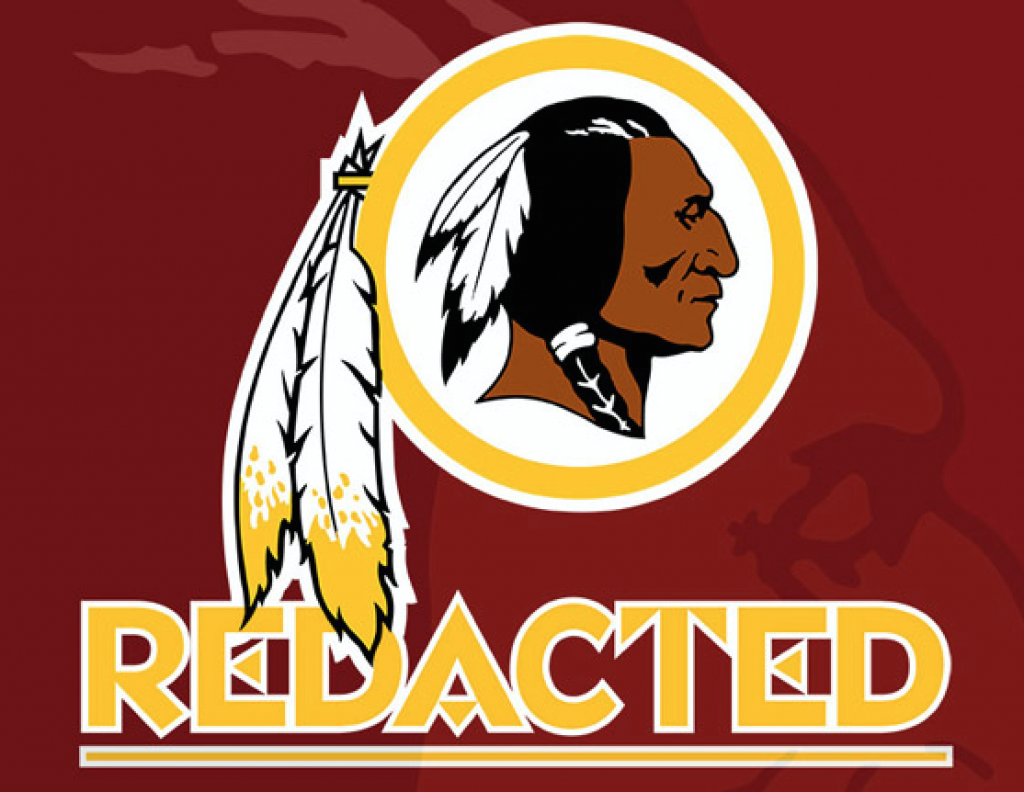Native American Heritage Day is Nov. 24, 2017
In its ongoing push for media professionalism, the Native American Journalists Association urges reporters to be responsible, and accurate, in their coverage of Indigenous communities during Thanksgiving. This advisory includes best practices when covering Native Americans, providing proper historical context, phrasing and sourcing.
When writing about the celebration of Thanksgiving, ask local tribes how, and if, they celebrate the holiday. This will inform readers of the many different perspectives Indigenous communities in the area view the practice and can lead to important questions from audiences.
Avoid stories that repeat mistruths about the origins of Thanksgiving. Many incorrect versions of the holiday’s origins have flourished over the years, and as reporters, it is important to recognize the difference between accurate scholarship and revisionist histories.
Thanksgiving pageants and activities often invite stereotypes of Indigenous people through the use of fake headdresses and war paint. Use caution when running stories that can blur the line between Redface (the equivalent of Blackface) and educational initiatives. Many Native American educators and cultural leaders are available to speak with you about these practices and can shed important light on the matter.
When referring to Native Americans, do not refer to them as figures from the past. Native people work as lawyers, teachers, journalists, astronauts and business leaders. It is inaccurate to view Indigenous people as museum relics.
Remember that November is Native American Heritage Month and that Native American Heritage Day falls on Nov. 24, 2017. Both celebrations provide opportunities for coverage of the many achievements and contributions of Native Americans. Unfortunately, inappropriate idioms and references can also be prevalent and avoid coverage that uses inappropriate images or references to frame news content.
Finally, NAJA advises all media outlets to end the use of dictionary-defined slurs and race-based mascots in sports coverage during Native American Heritage month. We encourage journalists to review the following page for ways to navigate offensive language and imagery employed by sports teams: www.naja.com/resources/journalism-policy-advocacy-and-ethics.
As part of its mission, NAJA always encourages responsible, informed coverage of Native Americans. NAJA encourages all reporters to review our resource page for information on covering Indian Country: www.naja.com/resources. NAJA updates this area of the site frequently with information. For more information about covering tribal communities, including questions of sovereignty, reservations and a tribal directory, please email NAJA’s executive director at rebeccalandsberry@naja.com.

